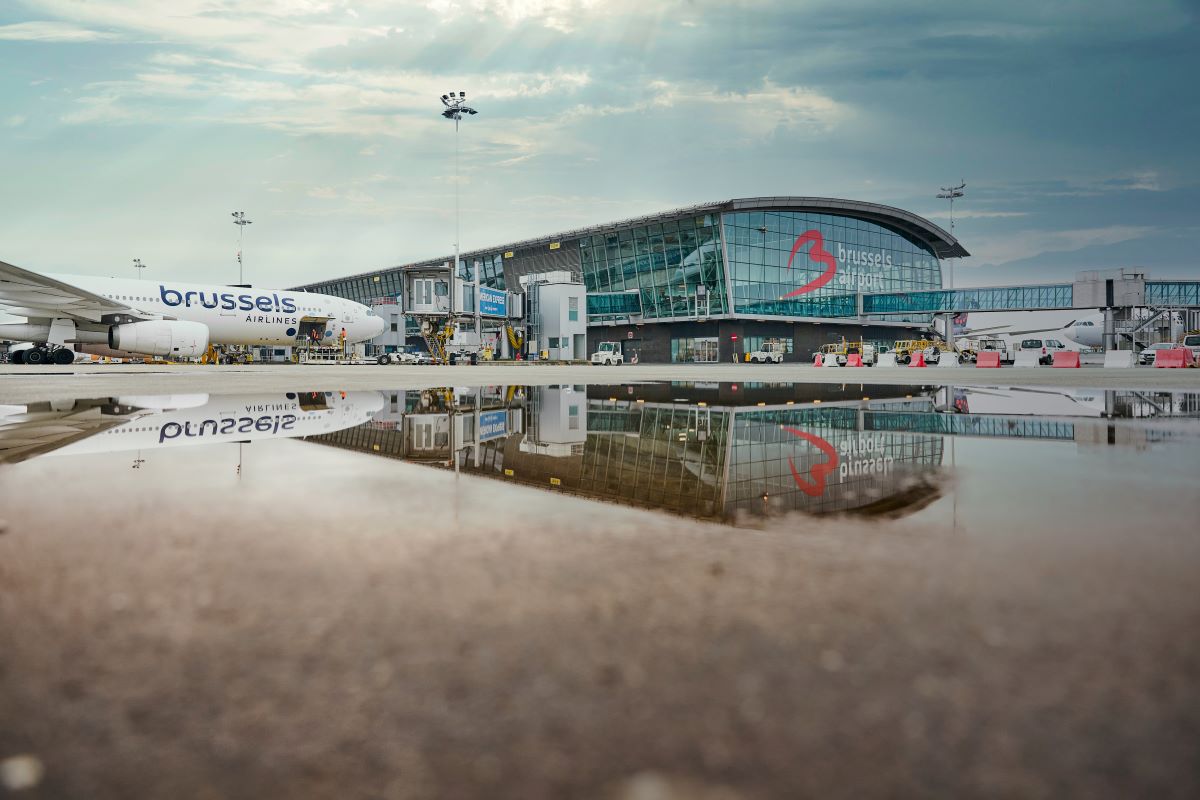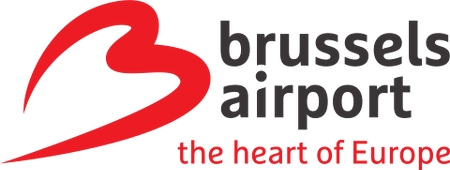Brussels Airport creates over 64,000 jobs and contributes €5.4 billion to the Belgian economy
| Company | Brussels Airport |
|---|---|
| Date | 25.03.2024 |

UAntwerp and UCLouvain map out economic impact of Brussels Airport in detail
Economic activities at and around Brussels Airport contribute a net €5.4 billion to Belgium’s gross domestic product. This is the conclusion of a study on the economic impact of the airport conducted by researchers from UAntwerp and UCLouvain universities. The study also shows that there were no fewer than 26,000 direct airport jobs in 2019, in addition, the Airport Business District at the airport provides another 3,500 jobs. Indirectly, the airport creates 34,500 jobs. Thus, a total of 64,000 people earn their living at and around the national airport.
Direct employment: 29,500 jobs at the airport in 2019
In the past, the National Bank produced an annual study on the economic impact of airports in Belgium. The last time this took place was in 2017, based on 2015 figures. At the request of Brussels Airport, scientists from the University of Antwerp and UCLouvain have now carried out a new study. They mapped out Brussels Airport’s impact on employment and added value for the year 2019. When the study was set up, 2019 was chosen as the last representative year before COVID-19 distorted the figures for a while.
In the first part, Wouter Dewulf, Bart Jourquin, Sven Buyle and Jolien Pauwels looked exclusively at the activities that are directly related to Brussels Airport itself. “These include airline and air traffic control operations, on-site hotels and shops, cargo operations etc.”, explains prof. Wouter Dewulf (UAntwerp). “Together, these activities account for an added value – the net created value contribution of economic activity to society – of €2.3 billion. Spread across 357 different companies, 25,796 people work in airport-related jobs. 7,062 of direct employees (27%) are related to cargo activities, which also account for 23% of direct added value (€539 million). The logistics department therefore has great importance and added value. In addition, there are a further 3,662 employees based at the airport site who work in non-directly related sectors (e.g. at consultancy firms based at the site).” In comparison, in 2015, the National Bank calculated a value added of €1.7 billion and 17,767 directly employed full-time equivalents.
Total economic impact: 5.4 billion euro added value
 Businesses providing services to the airport create an indirect impact. “Consider, for example, businesses that supply restaurants at Brussels Airport, firms that renovate runways or taxi companies in the airport’s vicinity.”, says prof. Bart Jourquin (UCLouvain). “Together, they account for €1.6 billion in added value. 19,152 employees earn their living from it.”
Businesses providing services to the airport create an indirect impact. “Consider, for example, businesses that supply restaurants at Brussels Airport, firms that renovate runways or taxi companies in the airport’s vicinity.”, says prof. Bart Jourquin (UCLouvain). “Together, they account for €1.6 billion in added value. 19,152 employees earn their living from it.”
Thirdly, the induced effects of the airport are calculated based on the Federal Planning Bureau’s input-output model. These effects include wage expenditures in the national economy by employees working at the directly and indirectly related businesses. The induced level generates €1.5 billion in added value and 15,615 employees.
Adding the three effects together yields the total economic impact of Brussels Airport. It accounts for €5.4 billion in added value and 64,225 employees.
“The study of Universiteit Antwerpen and UCLouvain confirms that Brussels Airport remains the country’s second most important economic engine with 29,500 jobs on the airport site and 64,000 jobs in the country thanks to the airport activities.”, says Arnaud Feist, CEO of Brussels Airport. “This study shows the importance of the airport for employment and as an economic growth engine: the economic added value generated by the airport each year has increased from 3,2 billion to no less than 5,4 billion euros in 2019. We are proud of the many airport employees working day in day out in the service of millions of passengers, thousands of companies, and the country’s three regions.”
The airport as powerful catalyst for the economy
Finally, the researchers also estimated the catalytic effects. These include the extensive economic benefits that result from an airport’s ability to stimulate different sectors of the economy, such as trade, investment, productivity and tourism. Indeed, the presence of the airport and its activities attract additional investment and activity that create added value and jobs.
Brussels Airport thereby creates an added value of €8.83 billion and the airport thus accounted for 1.85% of Belgium’s GDP in 2019. Converted to the number of employees, this amounts to 81,637 employees.
“This research shows that Brussels Airport and its ecosystem generate high added value and employment,” concludes Jolien Pauwels (UAntwerp). “The aviation sector is labour-intensive and therefore generates a relatively high employment rate. Moreover, both the airport and the airlines are very capital-intensive, which leads to high added value.”
Contact
Leopoldlaan
1930 Zaventem
Belgium
- +32 2 753 77 53

